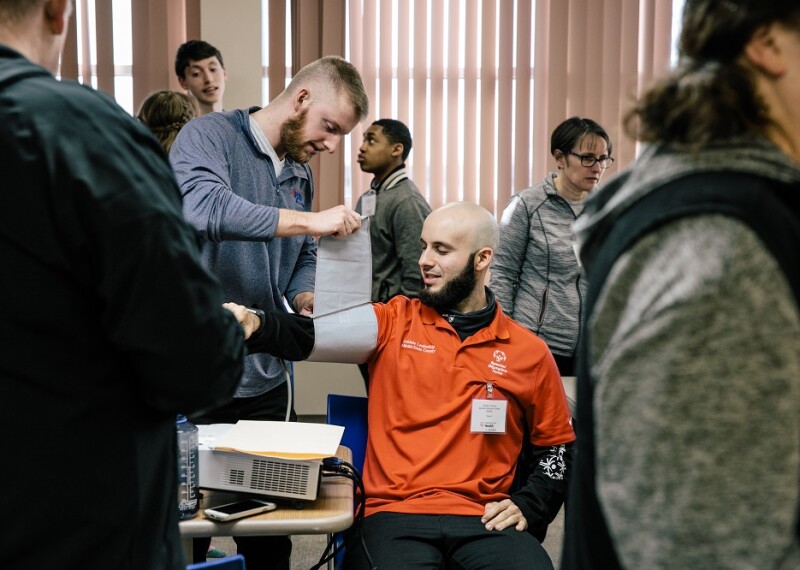
In the United States there is an abundance of research concerning obesity, but only recently have researchers begun to investigate obesity in individuals with intellectual disabilities. Through its health programming, Special Olympics has collected and analyzed data on this population to better inform its educational resources around nutrition, fitness, and overall health. Many athletes use these materials to improve their health. As an example, Special Olympics athlete Cort Huffman was able to lose 30 pounds and decrease his blood pressure to a healthy level by participating in Special Olympics fitness challenges and consistently walking a few miles per day.
Read more about Cort’s journey and discover what other fitness resources are helping people with disabilities get in shape in this recent article published by Youth Today.
Some experts have concluded that such health disparities are more related to how people with intellectual disabilities are treated and perceived than with biological factors.
“In general, it’s an invisible population and people don’t even think of kids and adults with intellectual disabilities as being able to be physically active. And we know that’s just not true,” said pediatrician Alicia Bazzano, Chief Health Officer for Special Olympics.
Little by little, researchers from that international sports organization [Special Olympics] and from academia are trying to change attitudes and close the fitness gap by tailoring programs for youth with such intellectual and developmental disabilities as autism, Down syndrome, fetal alcohol syndrome and fragile x syndrome.










